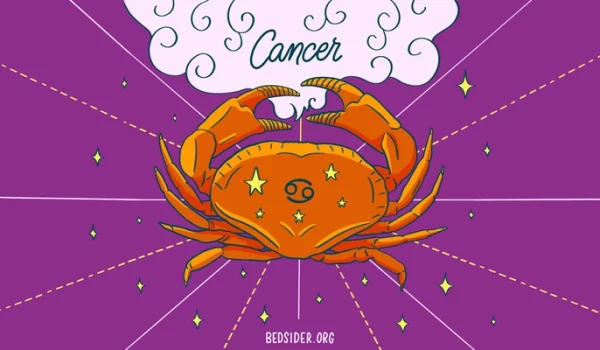-
By: health
-
November 7, 2017
Making the pledge: What research says about abstinence-only education
Many of us have heard of abstinence-only education. It’s a form of sex-ed where you’re told not having sex is the only way to prevent pregnancy and sexually transmitted infections (STIs). This form of sex-ed, which began in the early 1990s, often includes taking a pledge not to have sex until after marriage.
We’re totally into the “not right now” method of birth control . But abstinence isn’t the only way to avoid pregnancy and STIs. Exploring all methods of birth control is kind of our thing, so if you or someone you know has taken the pledge, here’s what science has to say about it.
Does abstinence-only education work?
Supporters of abstinence-only education say that not having sex is the best way to avoid unplanned pregnancy and STIs, but research shows that most pledgers eventually break their pledges. That’s totally fine—you should absolutely change your method as your needs change. But folks who receive abstinence-only education also develop a distrust of contraceptive effectiveness. This makes them less likely to use condoms and other forms of birth control when they decide to get it on. Not using contraceptives increases the risk of unplanned pregnancy and STIs—the two things abstinence-only education claims to prevent.
A recent study examined the sexual outcomes for both abstinence pledgers and non-pledgers. Drawing on a nationally-representative sample of young women, researchers found that about 20% of those surveyed had pledged to wait until marriage to have sex. Among those who responded, pledging was not effective for delaying sex, and there was no significant difference between that age non-pledgers and pledgers lost their virginity. What they did find, however, is that pledgers had higher rates of unplanned pregnancy within six years of first having sex compared to those who didn’t take “the pledge.”
What does it all mean?
These findings highlight the unintended consequences of abstinence-only sex education, and they support previous research that has shown that abstinence pledgers are less likely to use consistent forms of birth control when they break their pledges. The authors say that abstinence pledgers are more likely to receive messages that downplay the effectiveness of contraceptives and view pre-marital sex as a form of moral failure. In turn, young people are less prepared and feel less empowered to initiate conversations about contraception with their partners.
While abstaining from sex is the right choice for some, it’s important to know all of your birth control options , even if you’re choosing to wait. If you’ve been relying on abstinence, but you’re thinking about having sex, remember to use contraceptives if you decide you’re ready to have sex.









Leave a comment